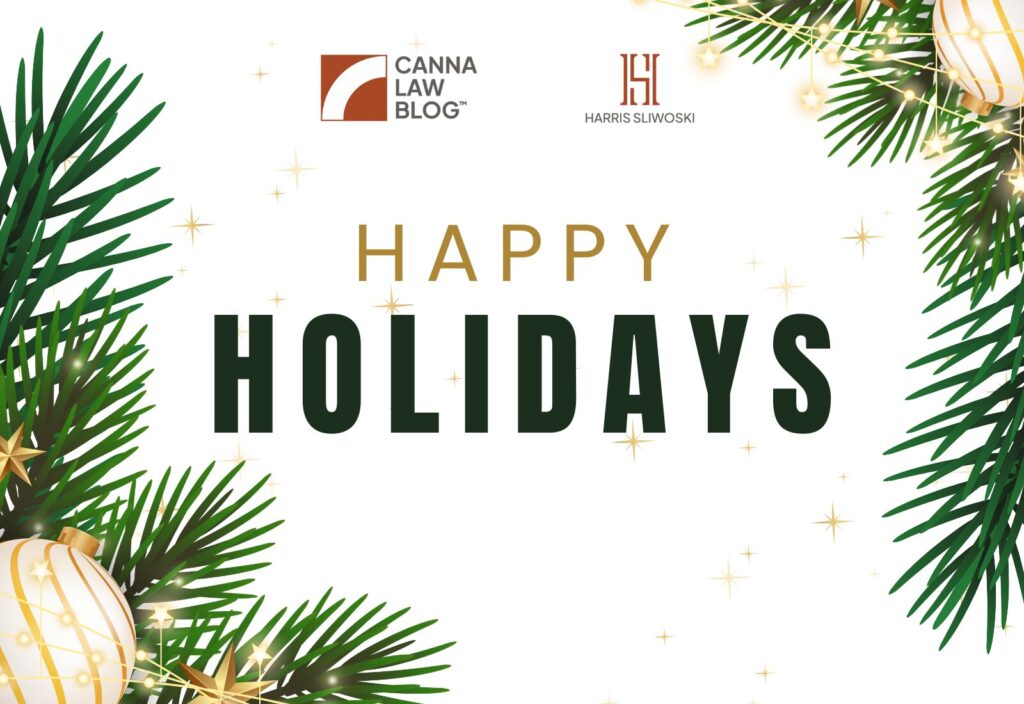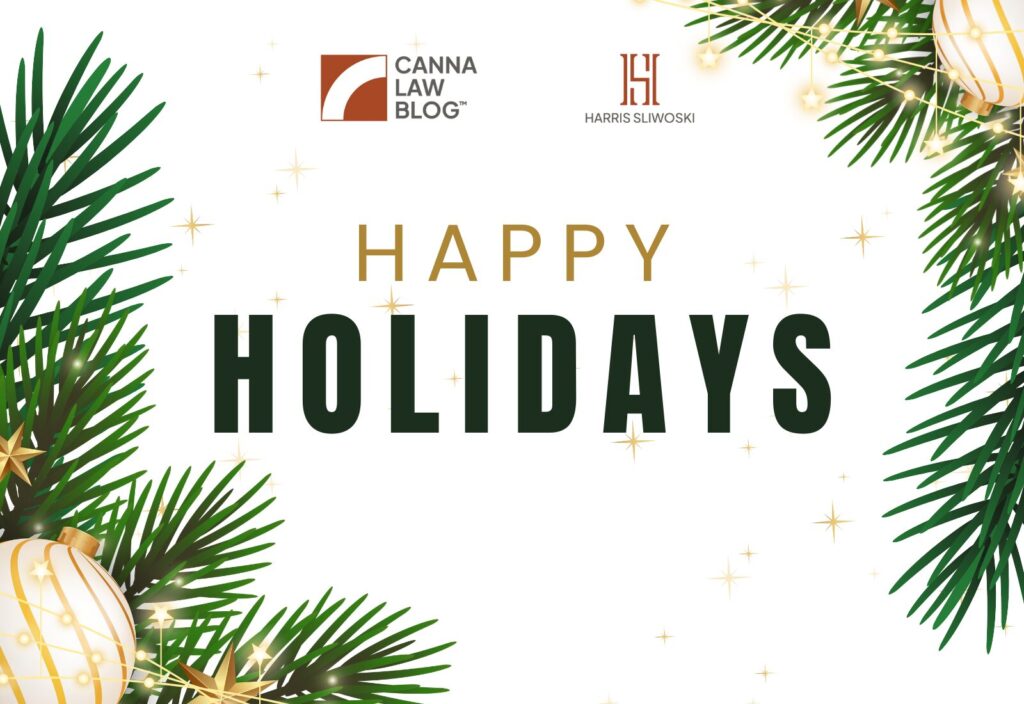
Not much thought is given to ancillary CBD liability. Why is that? Probably because the Food and Drug Administration (“FDA”) hasn’t taken any serious enforcement action against any company or individual that aids and abets violations of the Food, Drug & Cosmetic Act (the “Act”) when it comes to CBD. Still, secondary CBD liability under the Act isn’t pretty. And if you’re a company or individual that’s helping other companies or individuals make, sell, or distribute CBD products that violate the Act, you’re actually as guilty as they are under federal law.
FDA and CBD
For a while, CBD stakeholders truly believed that the FDA was prepared to regulate the robust CBD market in the U.S. That, however, will not come to pass where as of January 26, 2023, the FDA concluded that it will NOT regulate CBD foods or dietary supplements. The FDA is punting that task to Congress, which essentially means CBD laws and regulations will either never happen or they’re a far, far way off.
What all of that means is that the status quo remains intact: hemp-derived CBD is not an illegal controlled substance under U.S. law, but it also isn’t a supplement and it cannot be an
Read full article on HarrisBricken




































